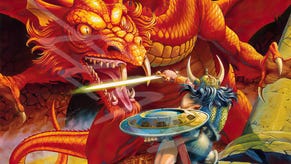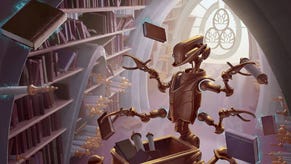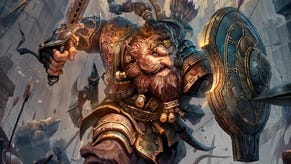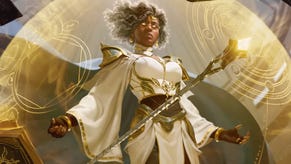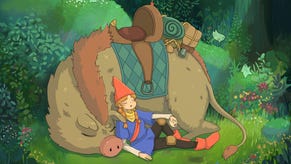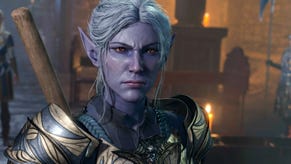D&D 5E players are ignoring one of its central gameplay ideas - and that’s a good thing
The RPG’s growing popularity as a storytelling format has led to a shift away from endless fights.
The fifth edition of Dungeons & Dragons is more popular than ever, thanks in part to the exploding popularity of streams and podcasts featuring online personalities playing the game. Dice Friends, The Adventure Zone, Critical Role and many more have brought countless new players to the hobby. For me personally, Dice Friends was what convinced me to switch from 3.5E to 5E. My partner, who has little to no interest in actually playing D&D, has listened to The Adventure Zone’s first D&D campaign all the way through.
This new way of being introduced to the game has popularised a play style that emphasises narrative progression and character moments over combat - and in spreading through the hobby it has created a disconnect with the fundamental design of D&D.
Page 84 of the D&D 5E Dungeon Master’s Guide states that: “Assuming typical adventuring conditions and average luck, most adventuring parties can handle about six to eight medium or hard encounters in a day.” But sticking to this guideline is happening less and less, to the point where recent Dungeons & Dragons 5E sourcebook The Wild Beyond the Witchlight prominently features non-combat solutions to all of its encounters.
Adventures are at their best when they’re modified to suit the kind of players going through them.
This is not necessarily a bad thing. My groups and I have been playing like this for years now and we’ve been having an absolute blast. Adventures are at their best when they’re modified to suit the kind of players going through them.
I discovered my own dislike for random encounters while running D&D 5E module Tomb of Annihilation. In the jungle exploration section I found myself struggling to think of interesting encounters every session and I was getting sick of doing combat all the time.
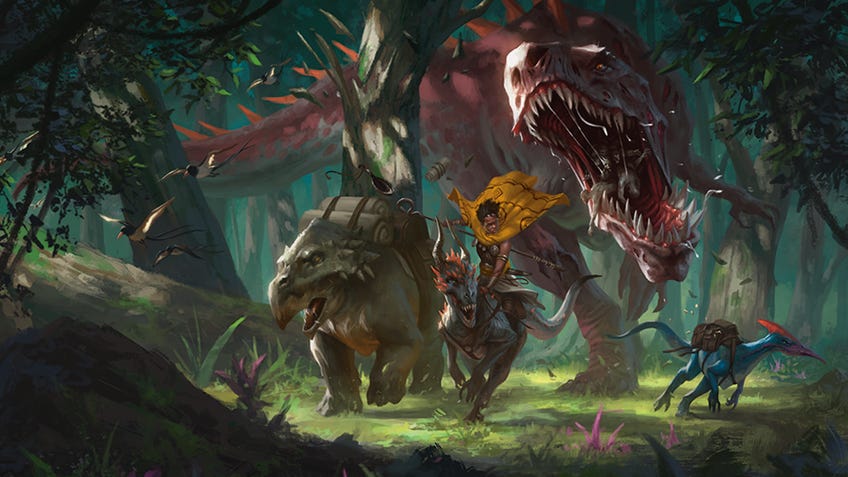
I was not the only one in my group who felt that way. One of my players told me after the fact that she almost quit the campaign because of how little narrative progress was being made because we needed to do so much combat for the party to be a high enough level to do the rest of the adventure. We all agreed to switch to the milestone levelling system and skip forward to the next part. Combat for the sake of combat was taking way too long.
By the time we made it to the Tomb of the Nine Gods, I had done away with almost all of the random encounters. My players wanted to explore the dungeon, solve the traps and puzzles, and engage with the story. They didn’t want to have to fight the two kinds of enemies that wander around over and over.
I’m currently playing in a homebrew campaign where combat is infrequent as well. We mostly fight boss-style enemies that are all important to the story. The problem is that we’re powerful enough that our DM is using monsters with challenge ratings higher than our party’s level in order for them to feel dangerous, but we don’t always have the hit points to keep up with them. When a single attack action from a monster can bring a character to near-death because combat only tends to last three rounds at most, it feels like playing a game of Halo where everyone has a rocket launcher.
It’s important to look at what parts of D&D you’re enjoying most and decide if the RPG is the right fit for the kind of games you want to play.
The campaign’s story doesn’t lend itself well to minions or many random encounters so we’ve had to find a different solution. The easiest one is to use level-appropriate monsters but give them more health. This guarantees they’ll be in the battle longer so we have to use more resources to defeat them, but it runs the risk of a very long single battle and we only have so much time per session to play because we’re all adults with jobs and responsibilities.
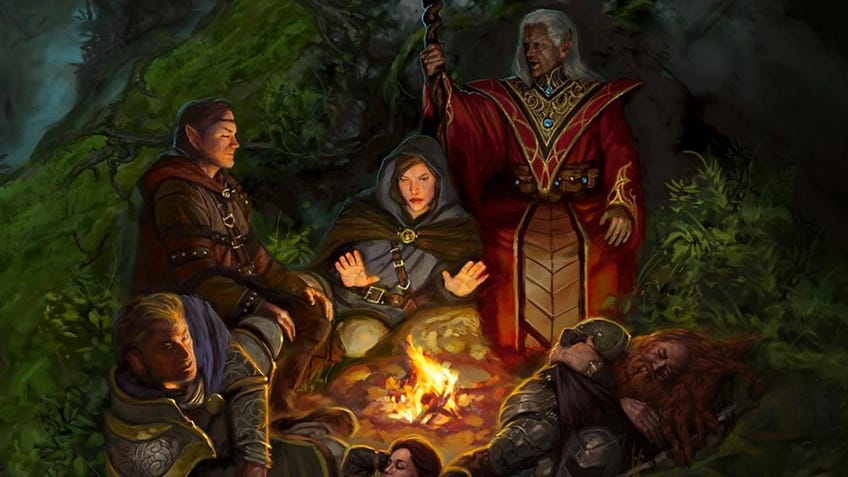
A sentiment that you see a lot in online discussions is that there’s no wrong way to play Dungeons & Dragons. I mostly agree with this, as I have been playing D&D while ignoring the adventuring day guideline for years now. But it’s also important to look at what parts of D&D you’re enjoying most and decide if the RPG is the right fit for the kind of games you want to run or play. I still enjoy D&D 5E, but trying other games made me realise that I find combat less necessary for the stories I like to tell. I like the handful of narratively important and exciting fights that you get in Monster of the Week, instead of loads of small fights over the course of a day - and I’m going to keep playing D&D this way as well.
Wizards of the Coast has announced it will release what is rumoured to be a revision of the Fifth Edition rules in 2024. I personally hope that the focus on storytelling will be included as an officially supported style in the future.



